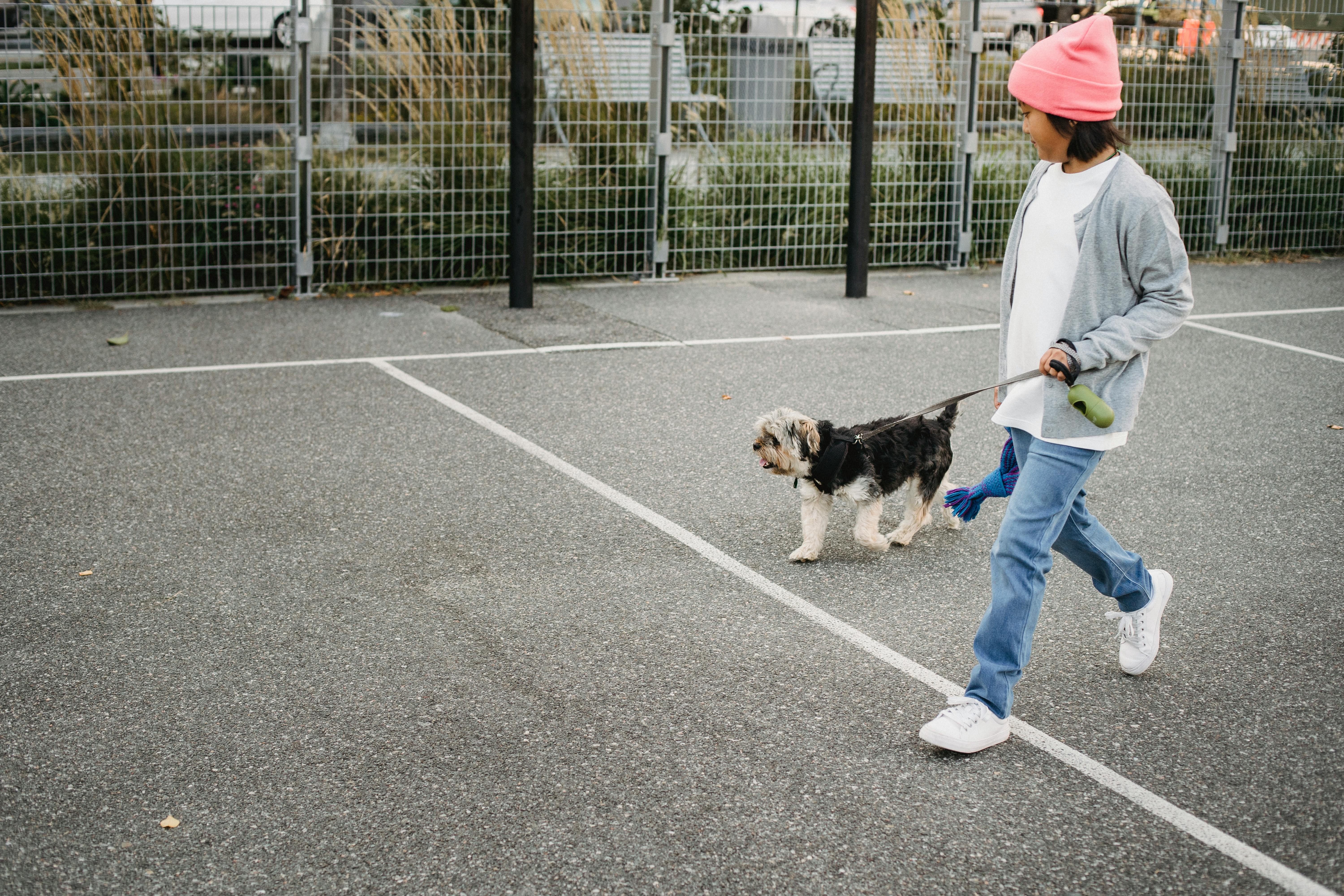
Dog training: how to stop barking, Balto’s story and more
Balto was a sled dog who saved the small town of Nome, Alaska from an outbreak of diphtheria.
After facing blizzards, freezing temperatures, and near death, Balto became an overnight hero. Balto and his team of sled dogs went on a tour of the United States. A statue of Balto was erected in New York’s Central Park.
A 30-minute movie was made about Balto’s run to Nome. Balto was a movie star, but like many Hollywood stars, his fame was short-lived.
Two years later, Balto and his companions were on display at a “tell me” museum where they were roughed up and abused.
Fortunately, a Cleveland businessman named George Kimble discovered the dogs. He knew the famous story of Balto and was outraged to see this degradation. A deal was struck to buy the dogs for $2,000 and bring them to Cleveland, but Kimble had only two weeks to raise the sum. The race to save Balto was on!
A Balto fund was established and the radio and newspapers began reporting on what had happened to Balto and how money was being raised to help Balto.
The response was explosive.
School children collected coins, factory workers passed out hats, and businesses pitched in and helped raise money. The Western Reserve Kennel Club donated a handsome sum and within 10 days $2,000 was raised and Balto was flown to Cleveland.
On March 19, 1927, Balto and six companions were brought to Cleveland and some 15,000 people showed up to see the heroic dogs.
The dogs were taken to the Cleveland Zoo where they lived out their lives.
Balto died on March 14, 1933, at the age of 11. The husky’s body was mounted in the Cleveland Museum of Natural History, where it is kept as a reminder of the brave race against death.
Stories like Balto’s have helped shape how I train dogs. Another strong influence has been James Herriot. I think all dog trainers should be required to read his books.
Training should improve the relationship between dogs and humans. Many times the training methods used have adverse effects. I train using many positive methods, but I also understand that if you want to stop a behavior, punishment can be very effective.
Here’s an email I just got about barking.
“Dear Eric, my dog barks when someone knocks on my door. It doesn’t bother me if he barks a little, but I wish he would stop when I say quiet. How can I teach him this? Any help would be great. Thanks, Miguel.”
Here is my answer.
Whenever you try to teach your dog something, you want to make sure there are consequences for the behavior. So if you want your dog to sit, stay, etc., you need to use a positive consequence.
When you want your dog to stop doing a behavior (barking, begging, jumping, etc.), you get the best results using some type of negative consequence.
Most people think that the only kind of negative consequence is something painful like a shock collar, spiked collar, or choke collar, or they think we have to grab and shake our dogs, alpha rollovers and all that.
A negative consequence doesn’t have to be any of that. I have effectively used breath spray for years to teach dogs the word “Hush”.
You see, when your dog starts barking we get angry and start saying “Hush”. The dog barks some more, we say “Hush” again and the dog keeps barking. For your dog to learn the word, he has to be accompanied by a negative consequence.
So, with a small bottle of breath spray, I stand next to the dog when he starts barking. But now, when the dog starts barking, I say “Hush” and then I reach down and spray the dog in the mouth.
I have now paired the word “Hush” with the breath spray. This is how you can use a negative consequence without inflicting pain on your dog.
It can also handle managing behavior problems. If your dog is engaging in behaviors that you don’t like, you can always take a few simple steps to deal with the behavior. Many dogs like to get into the garbage. An easy way to deal with that problem behavior is to simply cover the trash.